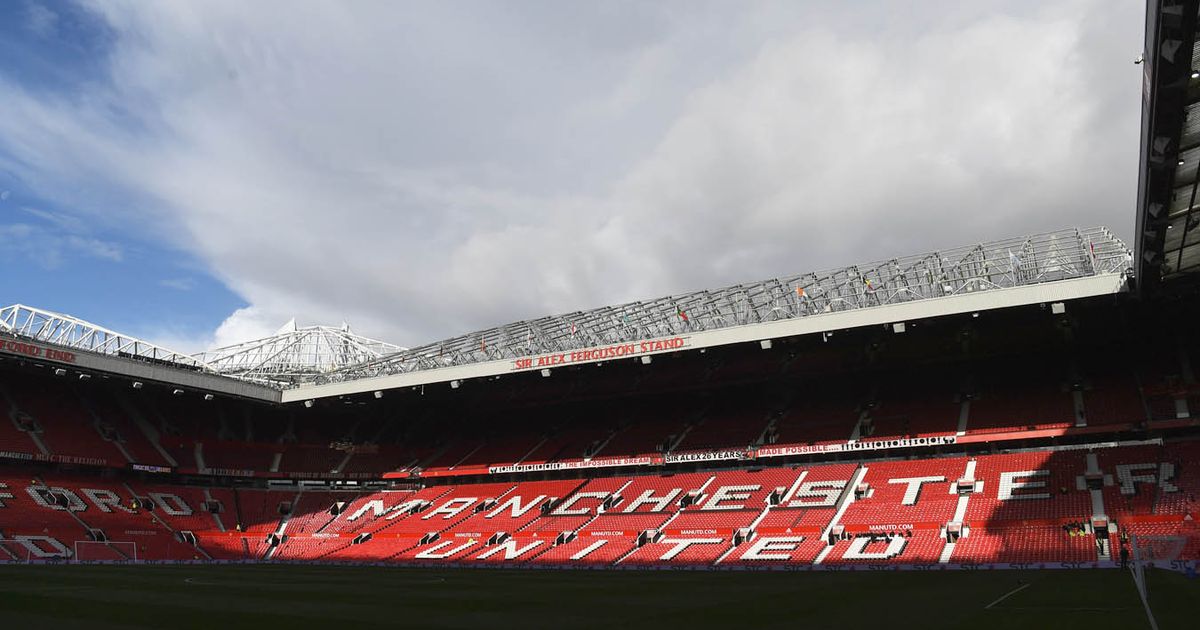
The English Premier League, renowned for its unpredictable drama, often delivers spectacles that etch themselves into the annals of football history. Yet, few matches present a narrative as uniquely perplexing as the recent encounter between Manchester United and Chelsea. What began as an electrifying, chaotic whirlwind, punctuated by goals and red cards, inexplicably transformed into a cautious, almost pedestrian affair. It was a game that promised continued fireworks but delivered a damp squib in its latter stages, leaving onlookers to ponder the fine line between tactical masterclass and self-imposed inertia.
A First Half for the Ages: Red Cards, Goals, and Instant Drama
Anticipation for the clash at Old Trafford was palpable. Both Manchester United and Chelsea, storied clubs navigating seasons rife with inconsistency, desperately sought a statement victory. What unfolded in the opening 45 minutes, however, transcended mere anticipation, plunging straight into pandemonium. Just five minutes in, Chelsea goalkeeper Robert Sanchez, in a moment of misplaced aggression, found himself dismissed with a straight red card for a challenge on Benjamin Sesko. The Blues were immediately down to ten men, and the tactical landscape of the match had been irrevocably altered.
United, seizing the numerical advantage, wasted little time capitalizing. Bruno Fernandes and Casemiro both found the net, propelling the Red Devils to a comfortable 2-0 lead by the 37th minute. Adding to Chelsea`s woes, Cole Palmer, a burgeoning talent, was forced off due to a potential groin injury, further disrupting Mauricio Pochettino`s already challenging game plan. The drama, however, was far from over. In a twist of poetic irony, Casemiro, scorer of United`s second goal, received his second yellow card just before the half-time whistle, leveling the playing field numerically. A 10-versus-10 contest loomed, promising a second half brimming with competitive fervor and tactical intrigue. Surely, this was merely the prelude to an even more thrilling conclusion?
The Great Tactical Deceleration: When 10 vs. 10 Meant Less, Not More
Alas, the football gods, or perhaps more accurately, the managers, had other ideas. The second half, rather than escalating the drama, instead opted for a sudden, jarring descent into caution. Chelsea manager Mauricio Pochettino, already forced into an early substitution to bring on replacement goalkeeper Filip Jorgensen, made an unconventional choice that puzzled many. He opted to withdraw both his wide attackers, Estevao and Pedro Neto, introducing center-back Tosin Adarabioyo. While shoring up the defense after Sanchez`s dismissal was understandable, sacrificing both offensive outlets so early seemed an overly practical, if not outright stifling, decision.
This early conservative stance arguably neutered Chelsea`s attacking ambition even before Casemiro`s red card theoretically offered them a lifeline. Despite having 71.2% possession in the second half, the Blues managed a paltry three shots, accumulating a mere 0.34 expected goals (xG). It was a stark illustration of possession without purpose, a painstaking passing carousel that rarely threatened Erik ten Hag`s vulnerable Manchester United defense. The definition of “few and far between” applied not just to their shots, but to any genuine moments of attacking menace. Trevoh Chalobah`s goal in the 80th minute offered a glimmer of hope, but it was too little, too late, and largely an anomaly in an otherwise toothless display.
Managerial Dilemmas and Lingering Questions
For Erik ten Hag, the 2-1 victory provided a crucial reprieve, albeit one heavily reliant on circumstance. While United secured the points, their performance, particularly in the 10-versus-10 phase, did little to quell concerns regarding their defensive structure or their ability to dominate against an equally numbered opponent. With just two shots and 0.31 expected goals in the second half, United largely rode their luck, their vulnerable backline barely tested by Chelsea`s hesitant approach. The win, while welcome, felt more like a fortunate escape than a definitive statement.
Mauricio Pochettino, conversely, faces renewed scrutiny. His tactical decisions, particularly the early withdrawal of attacking talent, seemed to actively suppress Chelsea`s ability to capitalize on United`s numerical parity. The Blues` offense, streaky at best this season, appeared utterly blunted, generating minimal threat despite controlling possession. With key players like Palmer facing injury concerns, Chelsea`s early season struggles, particularly their difficulty in converting possession into genuine goal-scoring opportunities, are becoming a significant worry. The Club World Cup winners, on this evidence, are far from the dominant force many expected.
The Unforeseen Conclusion: A Paradoxical Premier League Encounter
The Manchester United versus Chelsea fixture will be remembered not for a sustained period of thrilling action, but for its dramatic dichotomy. A first half that delivered more excitement and incident than many entire matches, culminating in a rare 10-versus-10 scenario, was paradoxically followed by a second half that settled into a tactical stalemate. It was a curious testament to the cautious instincts that can sometimes override the pursuit of entertainment, even in the most electrifying of circumstances. While United walked away with three valuable points, the match ultimately left a lingering question: what could have been if both teams, presented with a unique even-numbered battle, had truly committed to an open, expansive contest?











